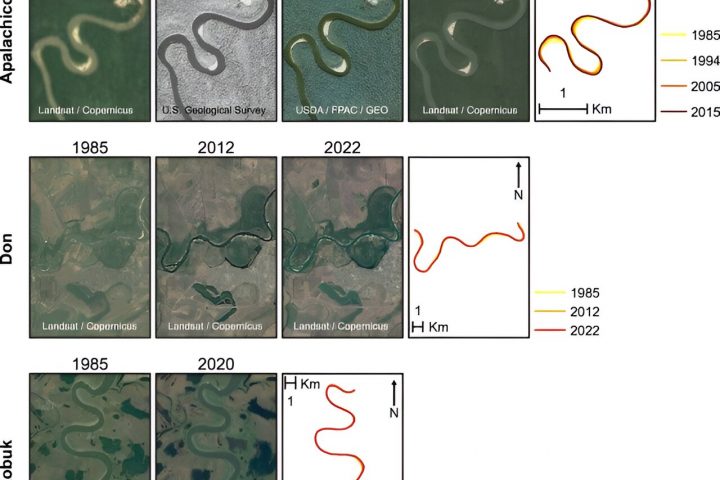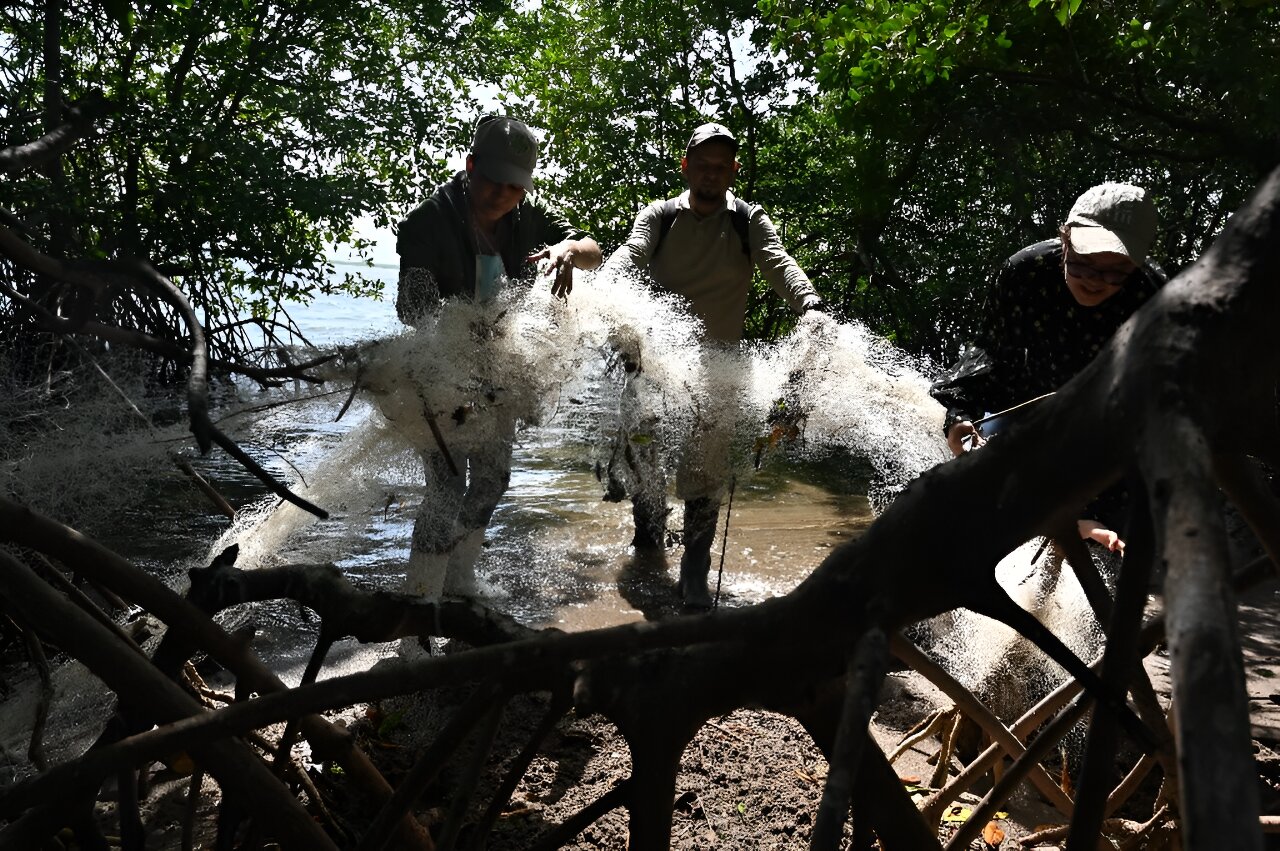Did you know that North Carolina has the highest number of households relying on private wells for drinking water? Shockingly, one in four households in the state depend on private wells, which are not regulated by the Safe Drinking Water Act. What’s even more concerning is that most of these wells are not tested for contaminants, especially in low-income areas.
A recent study published in Environmental Justice by researchers at the University of North Carolina at Chapel Hill sheds light on this issue. The study found that private well testing and treatment levels were significantly influenced by race and income, despite contamination levels being equally distributed across the research areas.
Lead author Andrew George, community engagement coordinator in the Center for Public Engagement at UNC’s Institute for the Environment, expressed his concern, saying, “Although we found alarming levels of well water contamination in our study, what’s most troubling is that not everyone was equally aware of the problem.”
George further explained, “You cannot see, taste or smell toxic metals in drinking water, so only households who are testing their private wells will be able to identify and address any problems. However, we found significant differences in levels of testing and treatment between income and racial groups.”
The research team analyzed contamination levels of metals in private wells and examined differences in water quality and well stewardship among demographic groups. Shockingly, over 67% of the tested wells exceeded federal or state drinking water standards. Additionally, the study revealed that white, affluent households were ten times more likely to test their wells and four times more likely to treat their water compared to low-income, Black, Indigenous, and other People of Color (BIPOC) households.
This lack of testing and treatment poses a disproportionate burden of exposure to dangerous contaminants on low-income, BIPOC households. Consuming contaminated water over time can lead to serious health issues, including cancer, cardiovascular disease, preeclampsia, neurological disorders, elevated blood lead levels, and a higher risk of waterborne illnesses.
The study focused on regions affected by the 2018 Hurricanes Florence and Michael, specifically Robeson, Northampton, Chatham, and New Hanover counties. These communities were particularly concerned about coal ash and other waste contaminating their water supplies due to the widespread flooding caused by the hurricanes.
To ensure the participation of Environmental Justice (EJ) communities, which are disproportionately affected by pollution, the research team employed Community Engaged Research (CEnR) Strategies. These strategies involve collaboration with community-based organizations and neighborhood leaders, establishing trust between researchers and the community. The researchers also shared the results of the study with the participants, fostering understanding and informing future actions to protect health.
Kathleen Gray, a co-author of the study and research associate professor in the UNC Institute for the Environment, emphasized the need for strategic efforts to increase well testing and improve treatment in communities relying on private wells. George added, “Without engaging EJ communities, research into private wells will continue to exclude the most marginalized, underserved populations. We hope our findings can inform efforts to direct policy interventions and community resources where they are needed most.”








